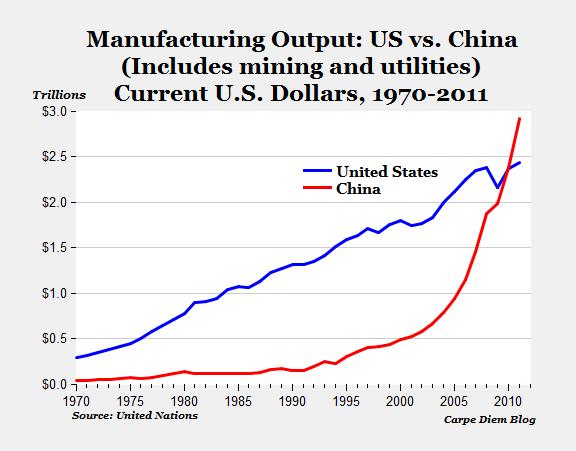You can be forgiven
if you watched the Department of Justice’s announcement yesterday of a $1.92
billion settlement with HSBC with a sense of disappointment--and déjà vu. The
event checked all the boxes in a theatrical routine that has become all too
familiar.
Descriptions of breathtaking misconduct involving the
facilitation of massive drug trafficking and transactions with rogue
terror-sponsoring nations? Check.
Broad boasts about the "historic" nature of
the settlement that will certainly end the type of criminal misconduct alleged?
Check.
Mea culpas from the offending institution with
promises that it has really learned its lesson this time and will never ever
engage in dastardly conduct again? Yep, that too.
Nothing, however, was quite as it appeared. Sure, HSBC
paid a record fine, but there was something vitally important missing from
yesterday's press conference: actual criminal charges for obvious criminal
conduct.
Some perspective: HSBC sent more than $800 million in
bulk cash from Mexico to the United States, a good chunk of which apparently
represented proceeds from some of the most notorious Colombian drug cartels. As
someone who tried the first narcotics money laundering case involving
extradition from Colombia, let me assure you that this is a lot of money, the
discovery of which usually generates vigorous prosecutions and lengthy prison
sentences. And it wasn’t HSBC’s only dirty business: There were also hundreds
of millions of more dollars of illegally disguised transactions with rogue
nations such as Iran and Sudan.



















